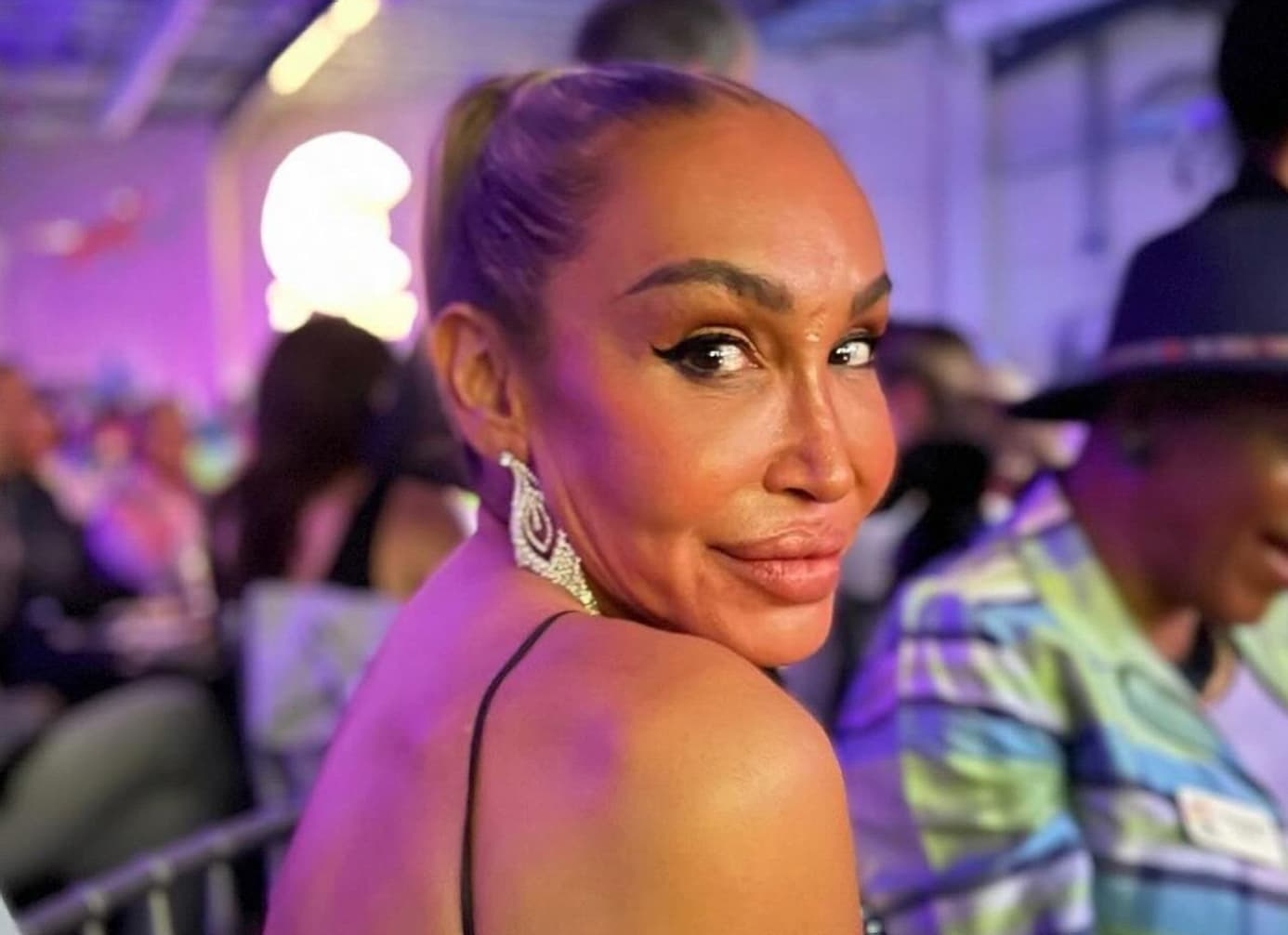World Chess Bans Trans Competitors from Women’s Events
The International Chess Federation's new policies strip transgender men of their titles and prohibit trans women from competing as women.

The International Chess Federation has temporarily stripped transgender men of any titles they have held and barred transgender women from women’s events for the next two years.
The federation, also known as FIDE, noted that transgender players would still be allowed to play in the open section of its tournaments if they wished to continue competing.
Under FIDE’s new regulations, transgender men who competed and won titles in women’s events will be stripped of them.
However, the titles can be “renewed” if the player de-transitions, based on the organization’s assertion that a gender transition “has a significant impact on a player’s status and future eligibility.”
Transgender women, who have previously competed in men’s tournaments, will not have their titles abolished, but will not be allowed to compete in women’s events going forward.
FIDE also asserted that it has the right to “inform [event] organizers and other relevant parties” about a player’s gender transition, to prevent players “from possible illegitimate enrollments in tournaments.”
All the changes are reportedly being pursued as part of a two-year review of the organization’s eligibility policies, but there is no guarantee that at the end of the two years, any titles will be reinstated or transgender women will be able to compete in women’s tournaments.
FIDE did not provide any evidence or rationale for the contention that one’s assigned sex at birth plays a role in how someone fares in chess — an intellectual game that, unlike other sports, does not rely on physiological advantages or strength.
However, in response to an inquiry from The Washington Post, the organization wrote in an email, “Of course men and women are equally intellectually capable. However, in chess as a sport, other factors like physical endurance may play a role.”
Numerous chess players and chess federations have issued statements opposing and condemning the new policy.
“We are opposed to it because it is discriminatory,” Malcolm Pein, the director of international chess at the English Chess Federation, told The New York Times. He added that there is no intrinsic value to any gender when it comes to playing chess.
“There’ll be no change in the English Chess Federation policy,” Pein said.
“If a person is legally recognized as a woman, it is incomprehensible to us what FIDE still wants to check and why it needs two years for this,” the German Chess Federation wrote on Friday in a statement.
The United States Federation has also come out against the new policies.
“If you want to help women in chess, fight sexist and sexual violence, give women in chess more visibility and more money,” Yosha Iglesias, a French transgender woman and chess player, wrote on X, the website formerly known as Twitter. “Don’t use trans women players as scapegoats.”
“We contribute to the development of women in chess. We are women in chess,” she added.
Morgen Mills, 38, who became the first transgender woman to represent Canada’s women’s chess team at an international competition last year, said her gender identity was irrelevant to her performance.
“As far as I know, nobody even knew I was transgender, or if they knew, they didn’t care,” she told the Times.
“It’s obvious they didn’t consult with any transgender players in constructing it,” Woman Grandmaster and two-time U.S. Women’s Champion Jennifer Shahade, a cisgender woman and longtime proponent for transgender inclusion, said. “I strongly urge FIDE to reverse course on this and start from scratch with better consultants.”
Transgender sports bans are gaining momentum worldwide, yet the justification for the ban within chess seems confusing at best.
Former players balked at the idea that chess relies on any physical traits or abilities.
“There is no physical advantage in chess unless you believe men are inherently more able to play than women — I spent my chess career being told women’s brains were smaller than men’s and we shouldn’t even be playing,” UK Member of Parliament Angela Eagle, joint winner of the 1976 British Girls’ Under-18 chess championship, said.
“This ban is ridiculous and offensive to women,” she concluded.
Support Metro Weekly’s Journalism
These are challenging times for news organizations. And yet it’s crucial we stay active and provide vital resources and information to both our local readers and the world. So won’t you please take a moment and consider supporting Metro Weekly with a membership? For as little as $5 a month, you can help ensure Metro Weekly magazine and MetroWeekly.com remain free, viable resources as we provide the best, most diverse, culturally-resonant LGBTQ coverage in both the D.C. region and around the world. Memberships come with exclusive perks and discounts, your own personal digital delivery of each week’s magazine (and an archive), access to our Member's Lounge when it launches this fall, and exclusive members-only items like Metro Weekly Membership Mugs and Tote Bags! Check out all our membership levels here and please join us today!




























You must be logged in to post a comment.